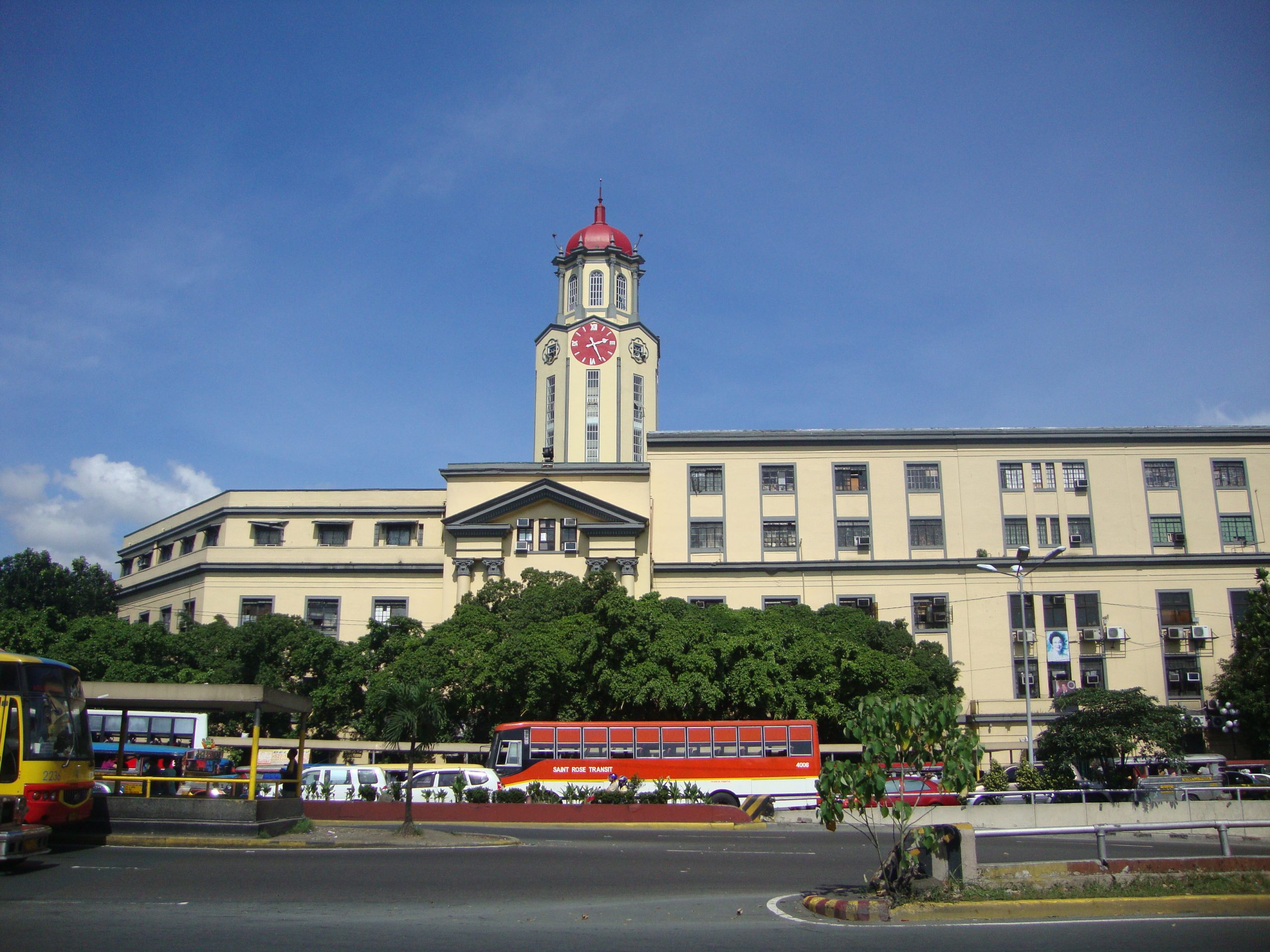
A sudden increase of coronavirus disease 2019 (Covid-19) infections were recorded in eight Metro Manila cities, amid the negative case growth streak of the nation’s capital region in the past two weeks, according to the Department of Health (DOH).
DOH Epidemiology Bureau Director Alethea De Guzman identified the cities with the sudden increase of Covid-19 cases as Las Piñas, Makati, Malabon, Manila, Navotas, Pasay, Pasig and Valenzuela.
“Hindi na ito kasing laki no’ng pagtaas noong nakaraang dalawang linggo subalit nakikita pa rin natin na tumataas ang kaso,” she said in a virtual briefing.
“Ano ba ‘yung dahilan ng pagtaas? Ito ay dulot pa rin no’ng nakita natin na increased mobility, ‘yung pag-attend ng mga gatherings, pagkakaroon ng increased crowding na kung saan nandoon ang mga tao nitong nakaraang holiday celebrations natin.”
As of February 13, there’s a total of 226,513 cases reported in Metro Manila.
However, the National Capital Region posted a case growth rate of -3% in the past two weeks, which was better compared to the previous three to four weeks.
Metro Manila’s average daily attack rate (ADAR) from January 31 to February was at 2.71 per 100,000 population, remarkable than the national ADAR of 1.56 per 100,000 people during the same period.
Meanwhile, the DOH also recorded an increase of cases in Regions 7, 10, and Caraga.
All areas in Region 7 posted an increase in infections, including a “steep” rise in the provinces of Cebu and Bohol, including the cities of Cebu, Lapu-Lapu, and Mandaue.
In Caraga, Agusan del Sur is the only area with no “continuous” case increase while Agusan del Norte’s healthcare utilization rate was now at high-risk category.
“It’s a priority now for the region and the province to ensure that they have additional dedicated beds para hindi ma-push to even higher or to critical risk ang kanilang healthcare utilization rate,” De Guzman said.
In Region 10, Bukidnon has been seeing a “sharp increase” in infections since January.
Meanwhile, Region 10’s Bukidnon has been posting a “sharp increase” in Covid-19 infections since January. Ronald dela Cruz